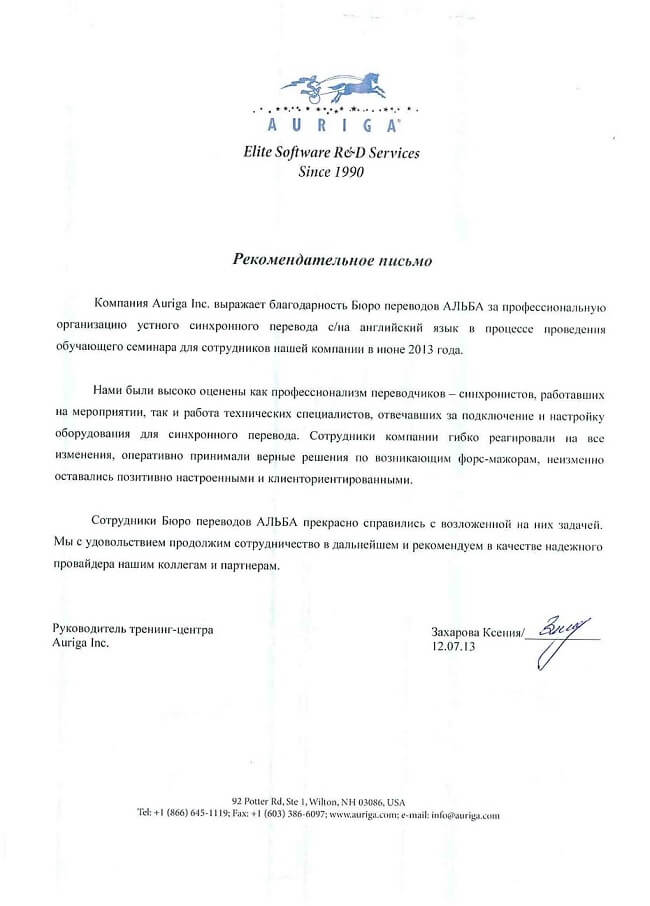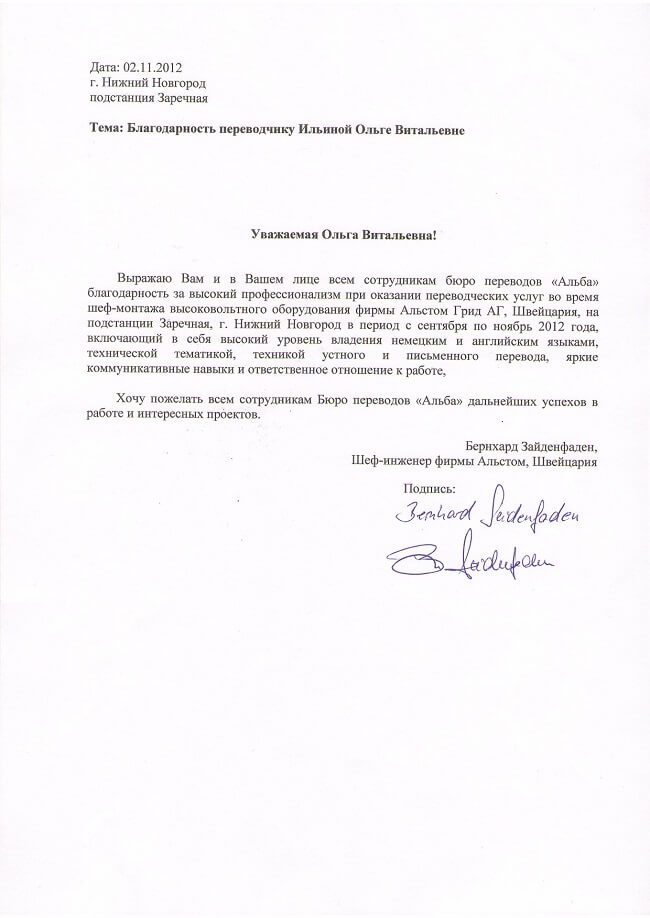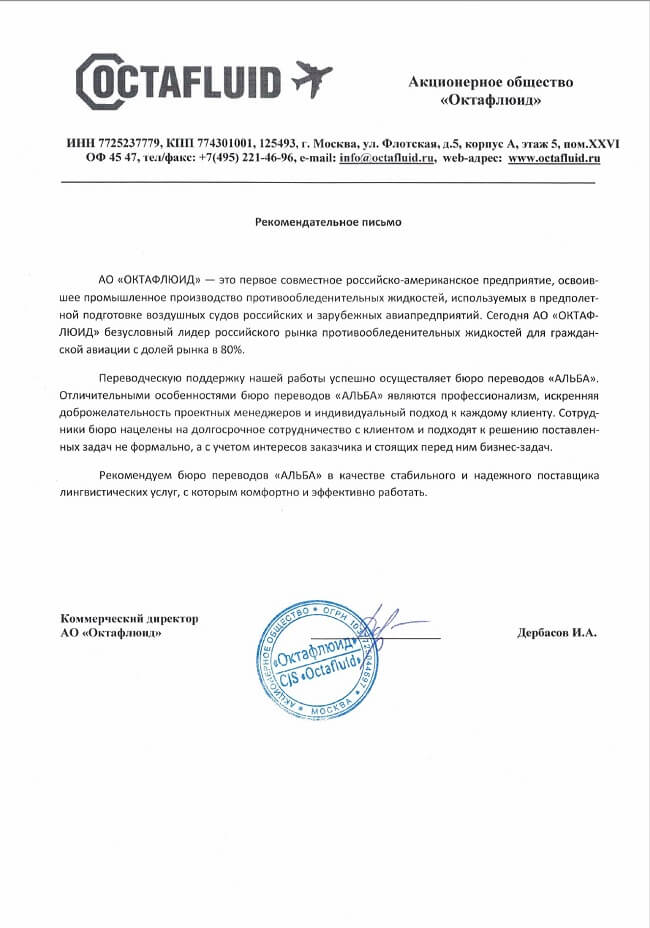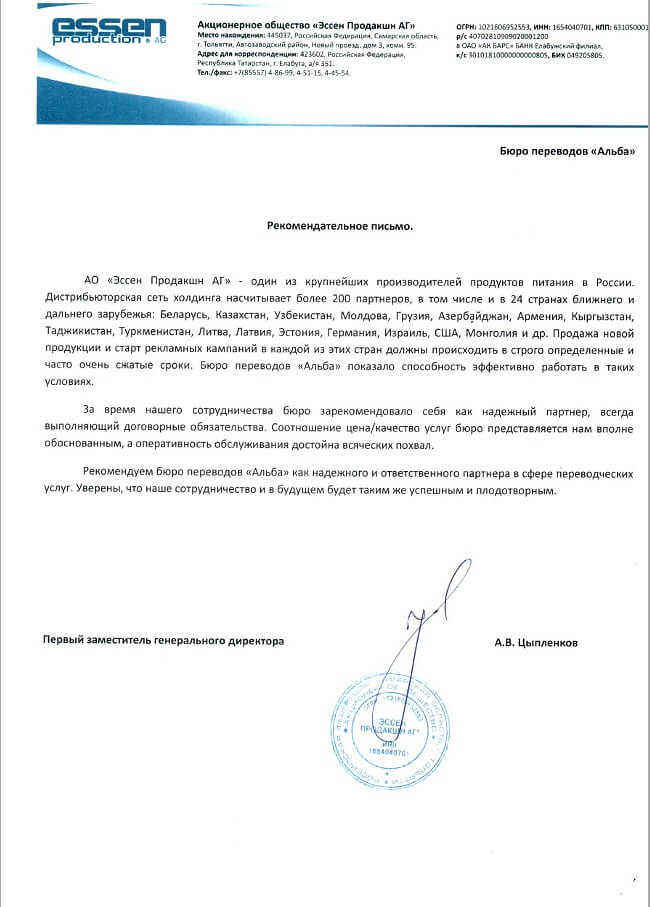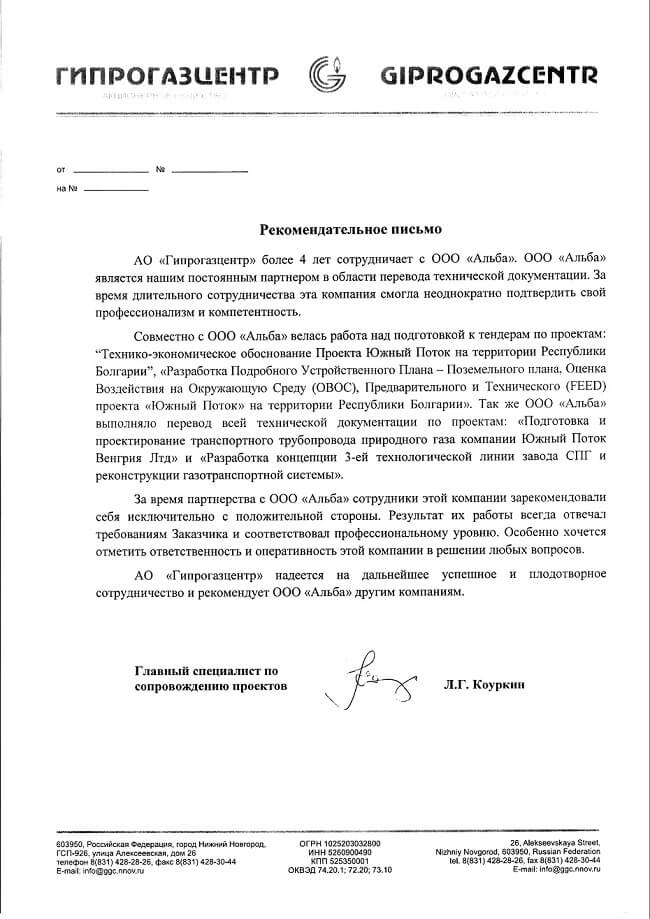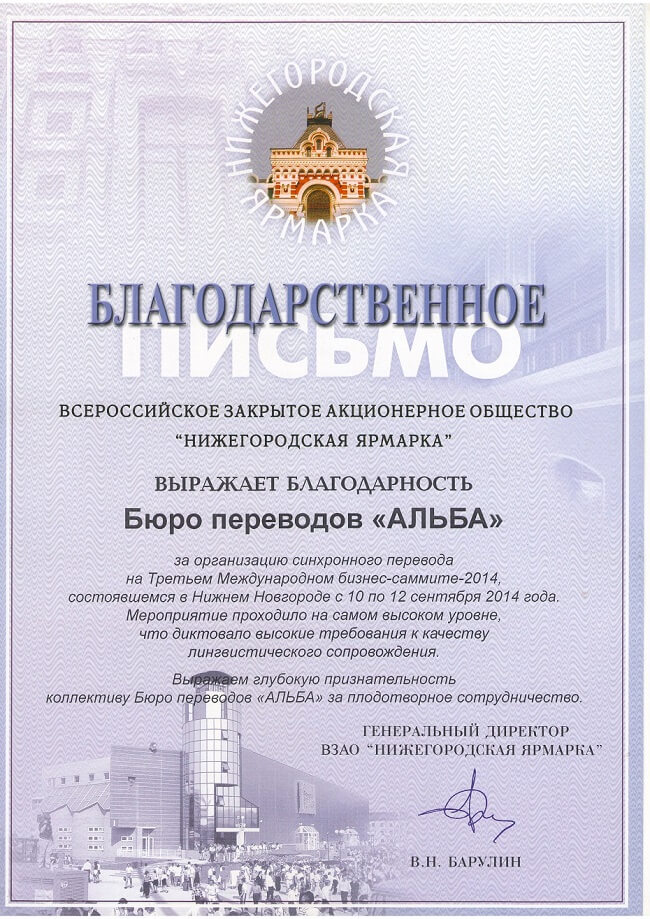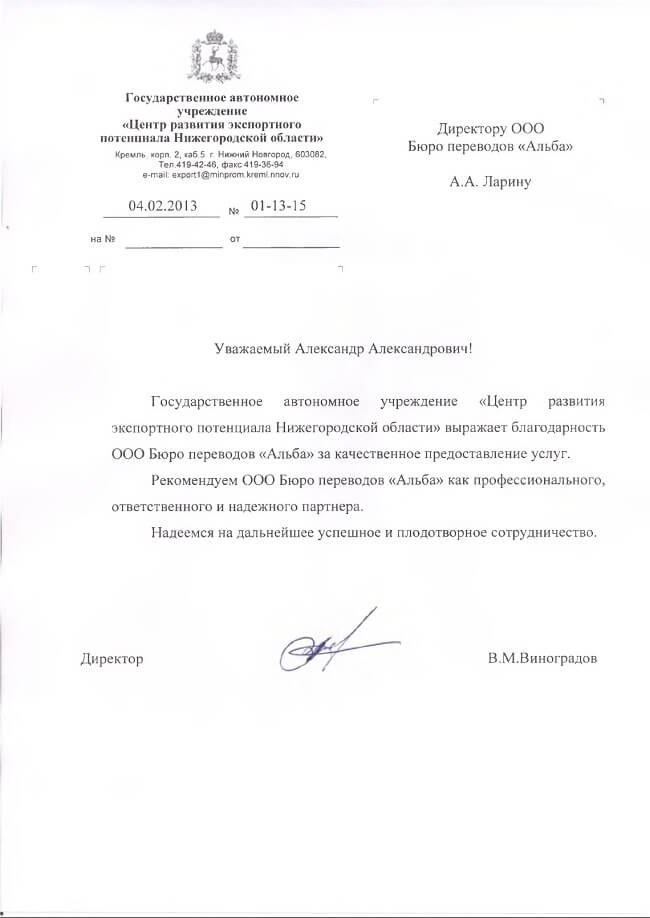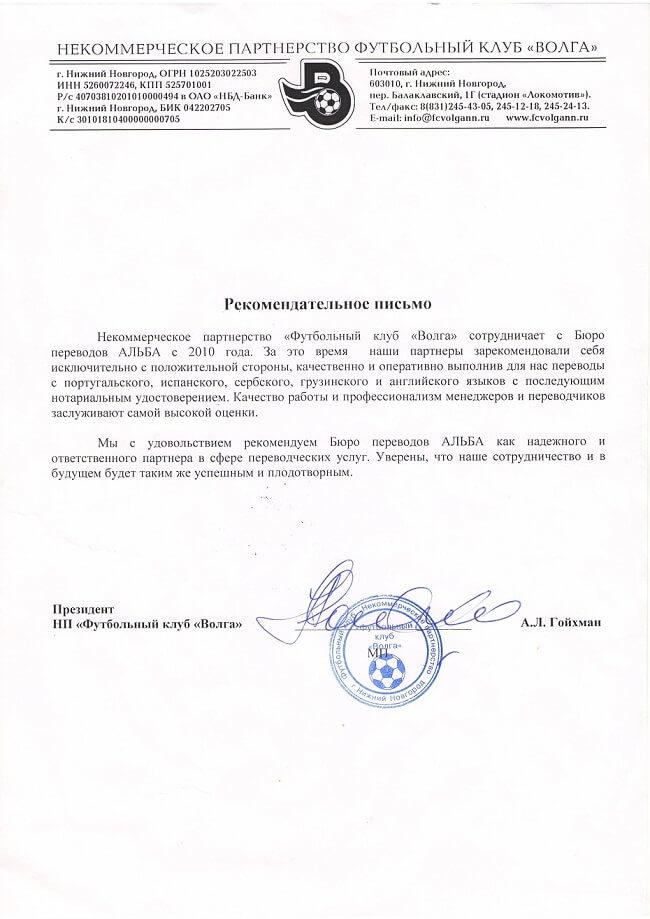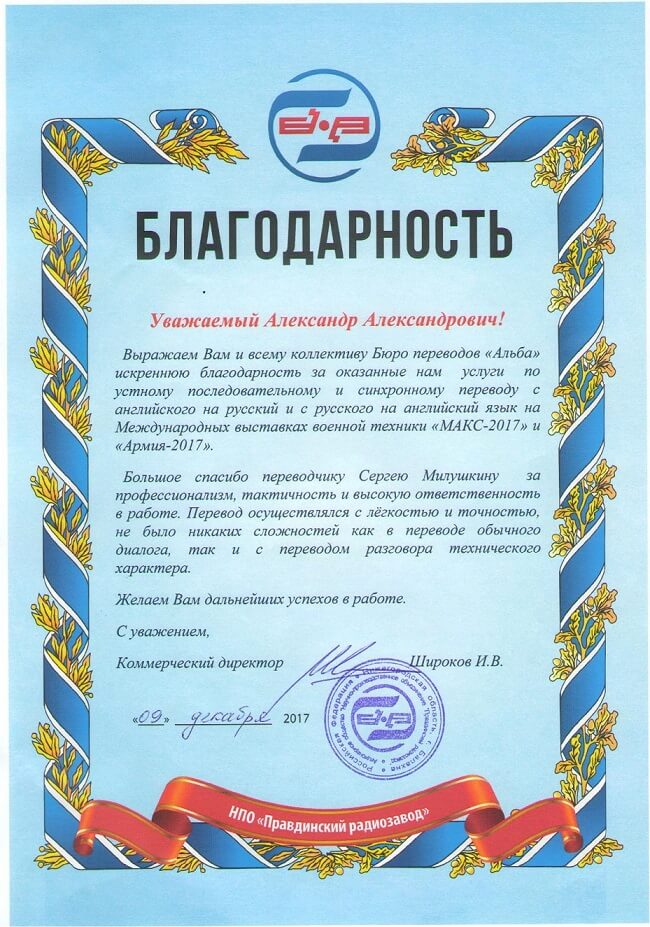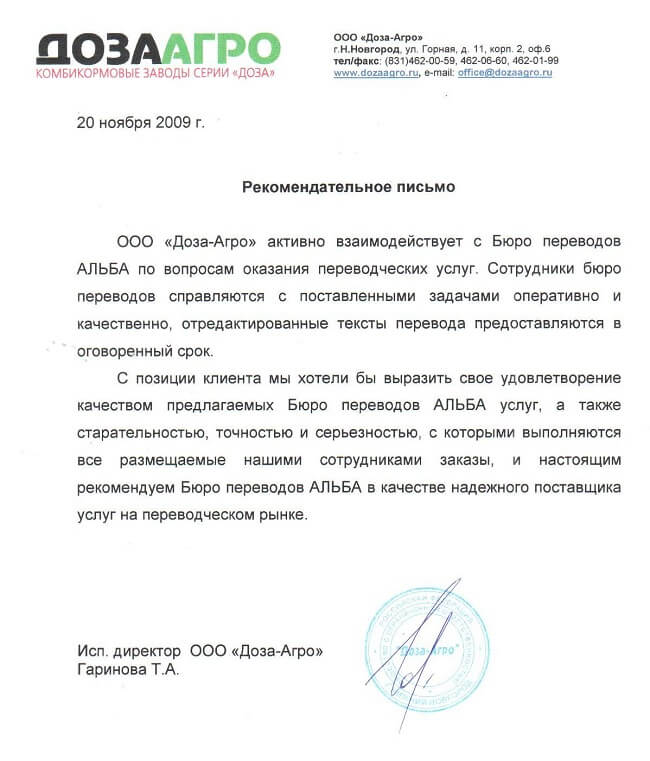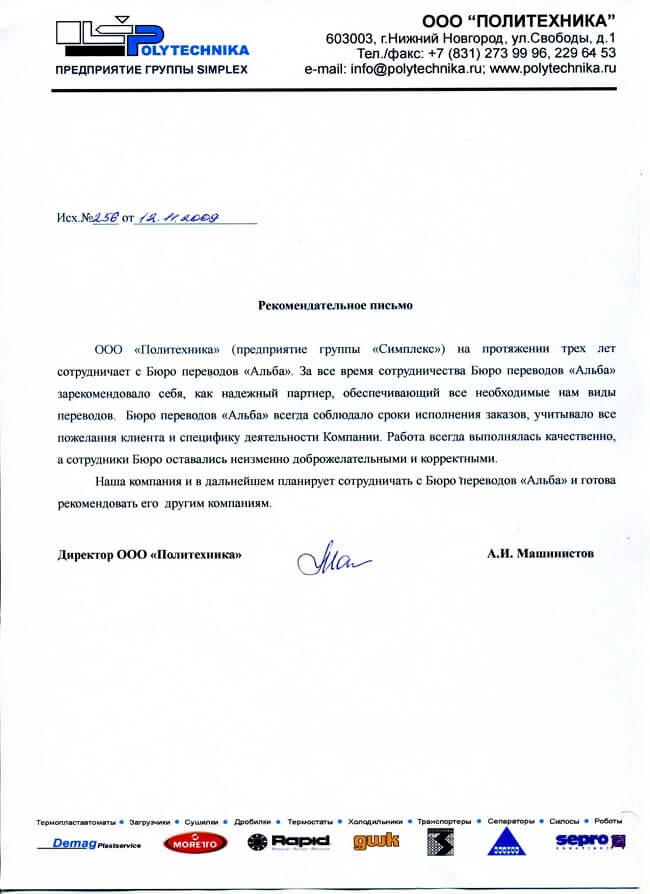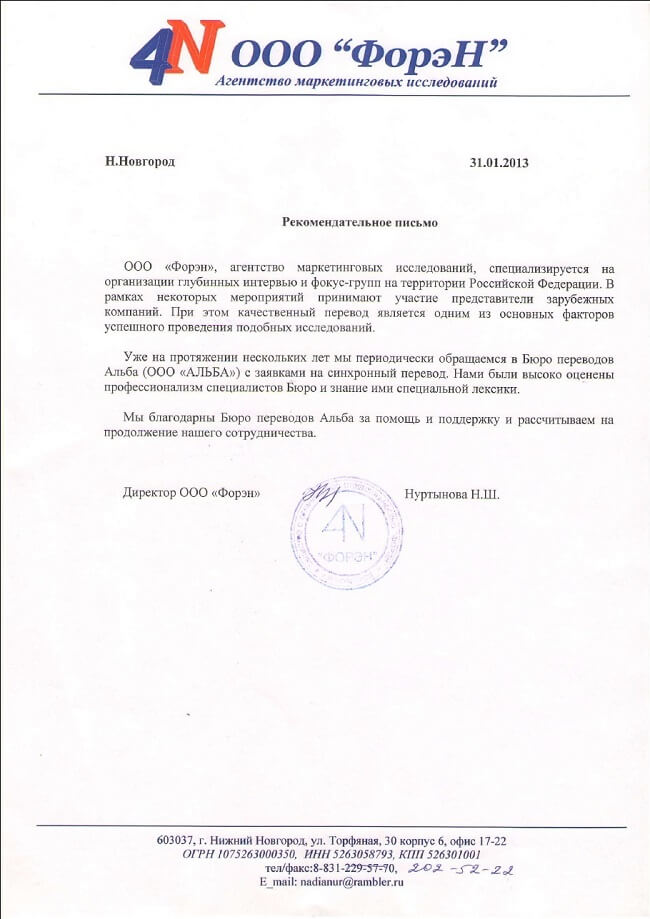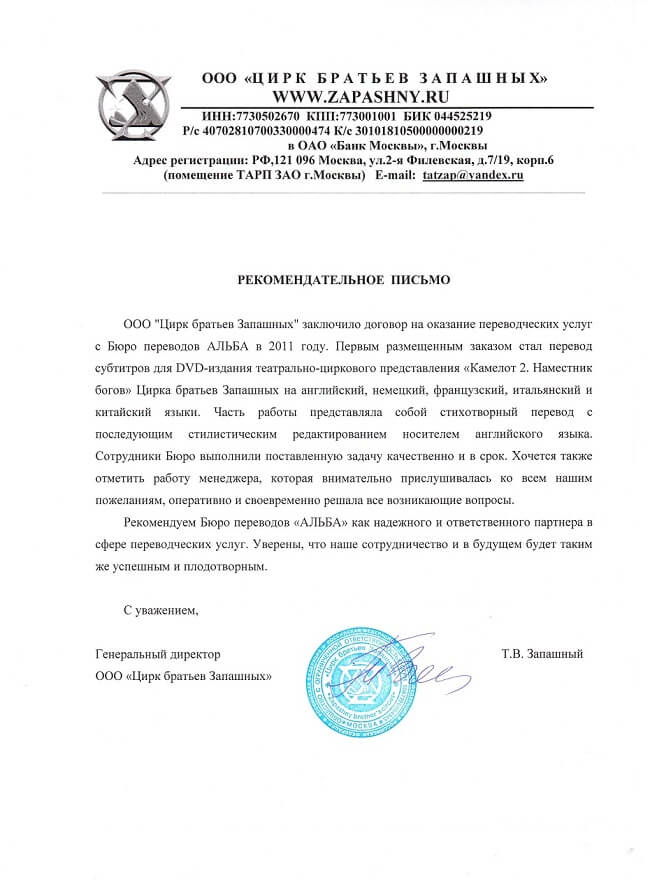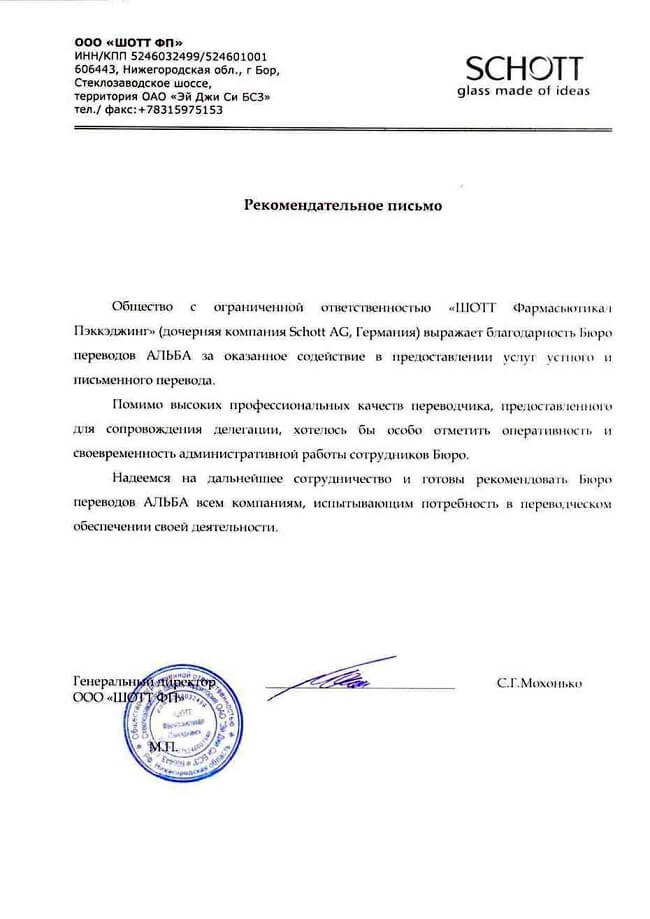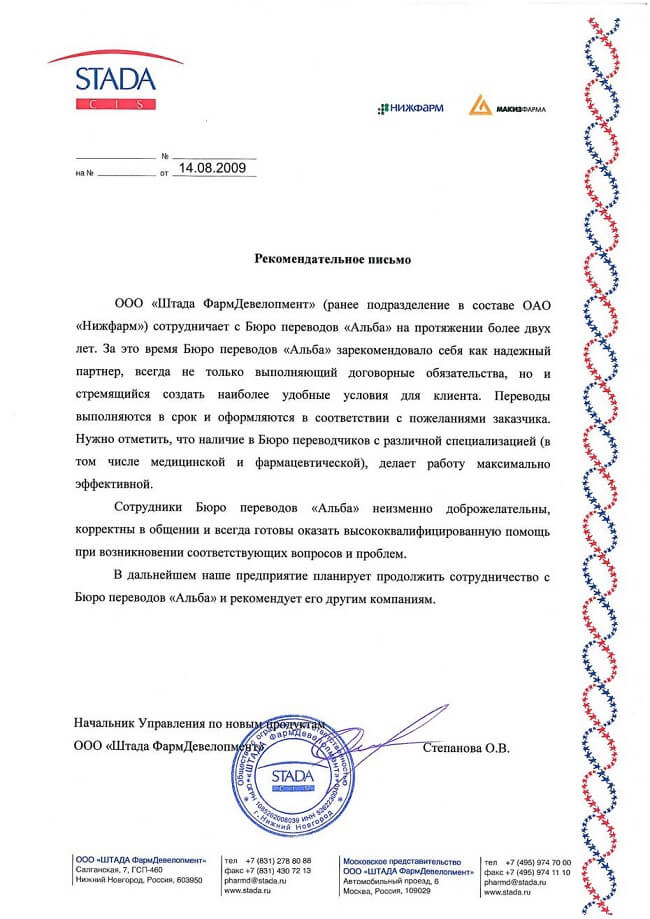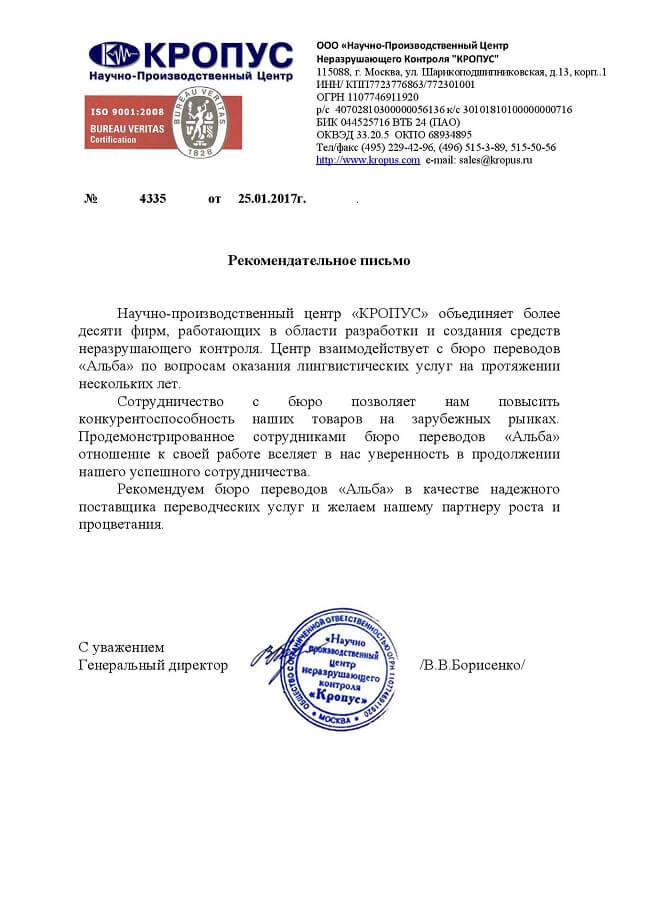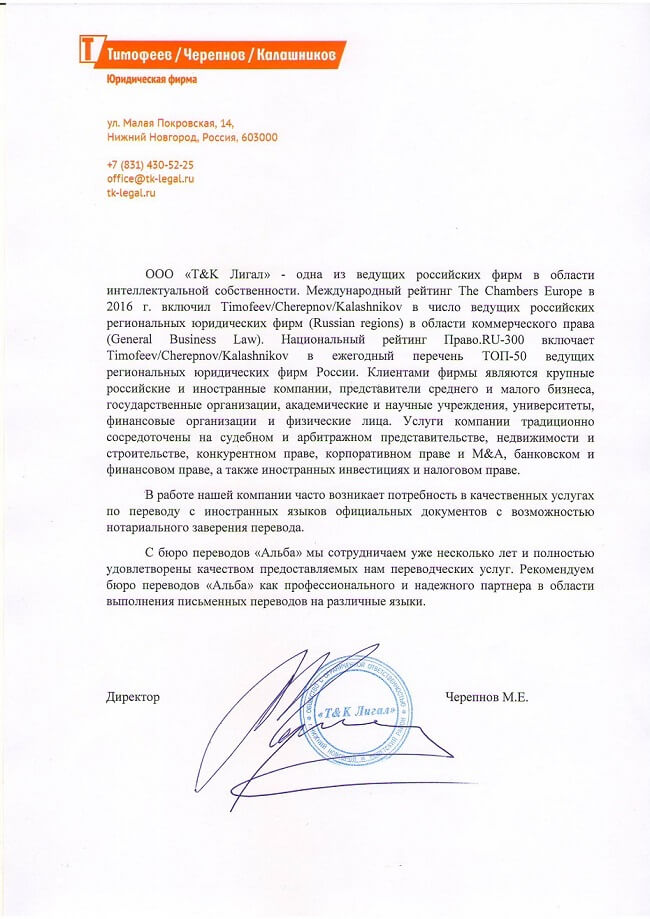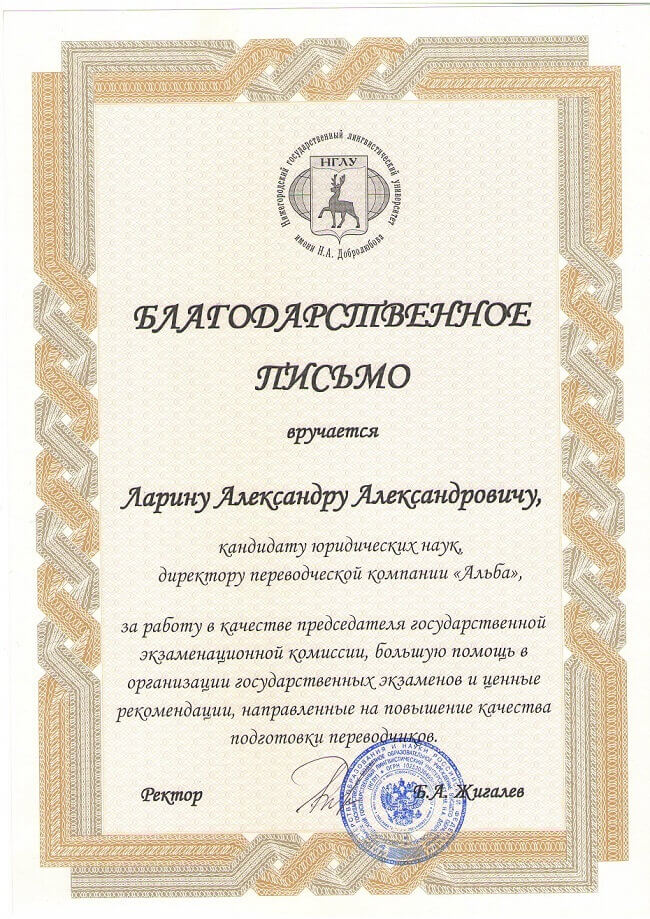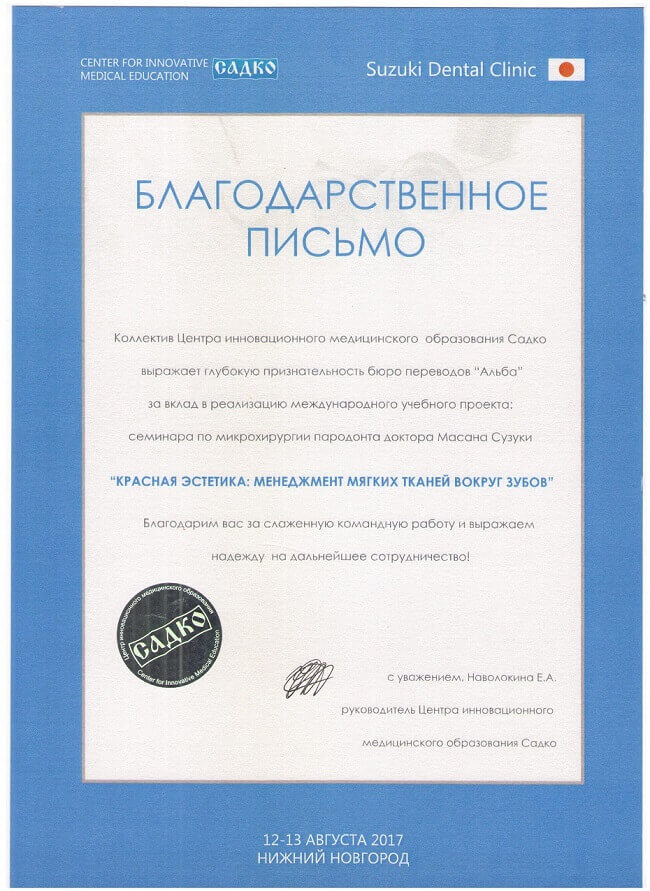Lingvoculturological Understanding of the “Teacher” Concept in the Russian and the Uzbek Languages
Nosirova Mubina Olimovna — Lecturer at the Department of General Linguistics, Uzbekistan State University of World Languages, Tashkent, Uzbekistan
The teacher is the main person in the life of the individual and modern society. A person gains experience passes it on to his children or students, who, in turn, teach their children and students. Thus, a person lives and develops for more than one millennium. Human possibilities are endless, his memory, his ability to analyze, create, move quickly and even fly, there is evidence that a person is constantly developing and developing thanks to knowledge and those who give this knowledge.
The profession of a teacher is the most important and in demand all over the world, despite the status of modern trends.
During the formation of mankind, before the emergence of the concept of a profession, specialty, teachers and mentors were the most experienced members of families or tribes. Over time, each teacher practiced certain skills related to hunting, craft, etc.
The ancient Chinese thinker Confucius wrote that a teacher should pass on his knowledge, his experience from generation to generation. A breakthrough in the development of this human activity was made in Ancient Greece, in which schools and educational institutions first appeared. Ancient Greek philosophers often acted as teachers themselves in their schools. Since the Middle Ages, teaching, education has become compulsory for every clergyman and ruler. Gradually, education and the compulsory acquisition of knowledge, literacy, began to acquire a mass character. Almost all representatives of the upper strata of the population began to study.
The most accurate definition of the profession was given in the dictionary of S. I. Ozhegov “A teacher is a person who teaches everything, a person who teaches something, a teacher. School teacher. Mathematics teacher. Home teacher. Honored teacher (honorary title). 2. The head of the teaching (in 2 meanings), a person who teaches (taught) something. Great teachers are philosophers, teacher [2, p. 506].
D. N. Ushakov defines representatives of this craft as those who “are engaged in teaching a subject in elementary or secondary school”. According to the small academic dictionary of the Russian language, a teacher is one who teaches a subject within the walls of a school, or one who teaches and teaches others [3, p. 728].
When a teacher starts teaching, he must take into account three important factors:
1. Whom to teach? Pupil or student, student of a medical university, technical or philological faculty, or a person without special education.
2. What to teach? In the process of teaching, it is necessary to focus on one aspect of any discipline, and not teach everything at once.
3. Which method is better to use? To explain or consolidate the material received, it is necessary to adhere to certain techniques and methods, depending on a particular topic.
The attitude to the teacher in different countries has similarities and differences.
In the Russian language, the word teacher has a number of concepts and definitions, depending on the type of activity, for example, teacher, religious teacher, out-of-school student, leader, educator, mentor, child teacher, child mentor, master, leader, language teacher, tutor, etc.
According to the teacher's encyclopedic dictionary, a teacher is a person engaged in teaching and educating students, as a rule, professionally trained. But a teacher is, first of all, a person who voluntarily takes on a high responsibility for the upbringing and education of another person, lets him into his consciousness and exercises spiritual guidance for him. Such a high role of the teacher can be combined with the performance of purely pedagogical functions at school, or it can be performed voluntarily by a teacher who is not at all a school teacher, for example, a confessor, elder friend, brother or father. A teacher in this sense is one who listens to the child, tirelessly monitors his growth, provides the necessary freedom, gives the necessary advice, warns against betrayal, superstition and hypocrisy. The teacher must understand the essence and intrinsic value of education [1, p. 684].
Uzbekistan and Central Asia have created their own national pedagogical culture, which has become a historical and cultural tradition based on the ideas of scientific works of scientists and thinkers of the medieval East.
A whole galaxy of outstanding scientists of the medieval Near and Middle East made a huge contribution to the development of teachings related to man, nature, their relationship and mutual influence, literacy, etc.
According to the teachings of Al-Farabi, pedagogy is a real art that controls the will and desire of an educated person in a certain direction, in accordance with the means and methods, and a teacher is a ruler, mentor, educator.
According to A. Beruni, “a person will never achieve the highest benefits without the experience of knowledge, without the ability to distinguish truth from emptiness”.
Alisher Navoi's scientific works have made a huge contribution to the development of culture and education in Uzbekistan. His ideas about humanistic pedagogical culture and scientific activity as the founder of Uzbek literature, thinker, scientist, artist, musician and statesman are the main guideline of pedagogical development.
The understanding of the education and teaching of Alisher Navoi is distinguished by great humanism. He believed that a person is the highest being in the world, and his child is a bright light that not only illuminates the house, but brings joy to his family. But it is not enough to love and take care of your own children; it is necessary to love and take care of all children — about the future generation. A. Navoi believed that a child alone is not able to distinguish good from bad deeds. Therefore, the role of the teacher in the child's life is an integral part of it, which will certainly have a beneficial effect on him. At the same time, the teacher must have both broad knowledge, but also set the right example, be the one for whom the children could be equal with knowledge.
As for the word “teacher” itself, the following words are used in the Uzbek language in this sense: “ o’qituvchi”, “muallim”, “ o’rgatuvchi”, “ustoz”, “domla”. The word “ o’qituvchi” denotes the professional activity of a person, and “ustoz”, “ustod”, “domulla” (“domla”) has a much broader meaning. Below we will consider these concepts in the dictionary entries of the Explanatory Dictionary of the Uzbek language [4].
The word “o’qituvchi” in the explanatory dictionary of the Uzbek language is defined as: “fan, tarbiya asoslaridan birini o’qitadigan, dars beradigan kishi; muallim” (a teacher is a person who teaches one of the foundations of science and education), people engaged only in pedagogical activities [4, p. 462].
The word “domla” is colloquial, the literary variant is “domulla”. Addressing the teacher “domla” expresses respect for his knowledge and experience. According to the explanatory dictionary of the Uzbek language, “domulla” (ind.) has several meanings:
1. Diniy maktab muallimi (teacher of religious school).
2. Madrasani bitirgan mulla kishi (mullah who graduated from madrasah).
3. O’rta va oliy maktab o’qituvchisi (middle and high school teacher) [4, p. 215].
The word “muallim” (Arabic) in the explanatory dictionary of the Uzbek language is teaching, teacher, mentor, person who gives lessons [4, p. 371].
“Ustoz” (Arabic) — muallim, o’rgatuvchi. 1. Kasb, hunar, ilm, va h.k. ni o‘rgatuvchi, muallim. 2. Yo’l-yo’riq ko’rsatuvchi, tarbialovchi, murabbiy; rahnamo, o’qituvchi, muallim (teacher, educator: 1. Profession, craft, science, teacher. 2. Instructor, mentor, coach; guide, teacher) [4, p. 489].
“Ustod” (Khorazm) — muallim, o’rgatuvchi (teacher) [4, p. 491].
In terms of content and in relation to the teacher, the words “ustoz” and “domulla” have a sublime and spiritual understanding of education and upbringing, which do not carry the concepts of “o’qituvchi”, “muallim”, “ustod”, since these words have more practical understanding of a teacher than a spiritual mentor.
Thus, the importance of the profession of a teacher, a teacher is of paramount importance in a person's life. Therefore, a person who embarked on this difficult path understands the seriousness and responsibility of his craft, his mission. Each teacher is a significant figure for the student, the one whom they look up to, therefore in the Eastern culture ustoz teaches not only school or university disciplines, but also life. A good teacher knows how to find an approach to each pupil or student, to interest, and most importantly teach the basics of the scientific craft.
Bibliography
1. Безрукова В. С. Основы духовной культуры // Энциклопедический словарь педагога. Екатеринбург, 2000. 937 с.
2. Ожегов С. И. Толковый словарь русского языка. М.: Мир и образование: Оникс, 2011. 736 с.
3. Ушаков Д. Н. Толковый словарь русского языка: ок. 30 000 слов. М.: Астрель: АСТ: Хранитель, 2006. 910 с.
4. O’zbek tilining izohli lug’ati: 80 000 dan ortiq so’z va so’z birikmasi: 5 zhildli / O’zR FA A. Navoij nomidagi Til va adabiyoti in-ti; A. Madvaliev tahriri ostida; tahrir haj"ati E. Begmatov [etc.]. Toshkent: O’zbekiston millij enciklopediyasi, 2006–2008.














